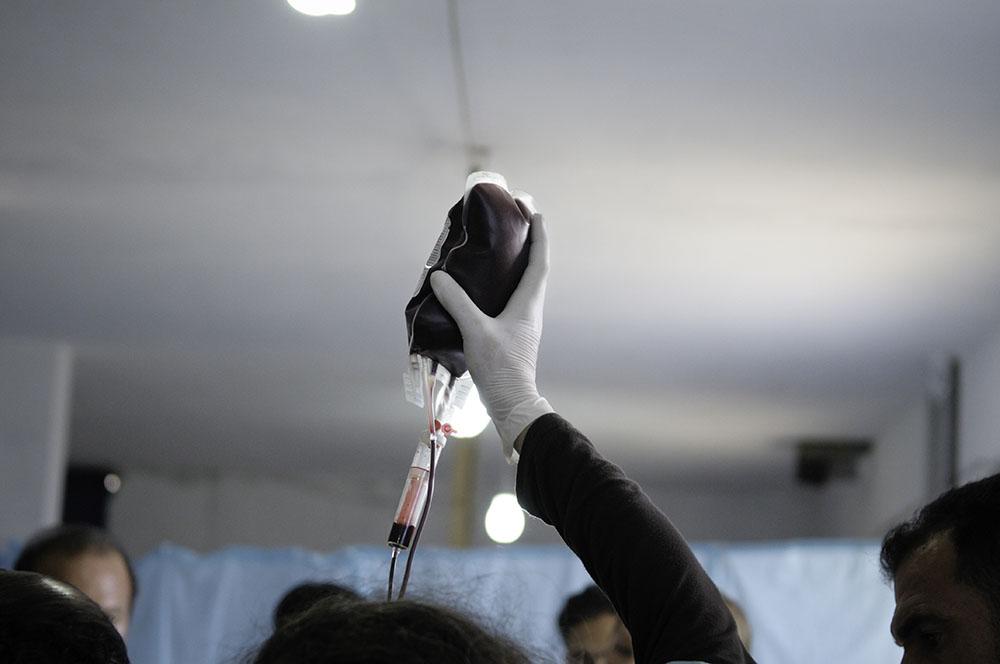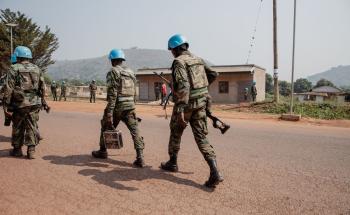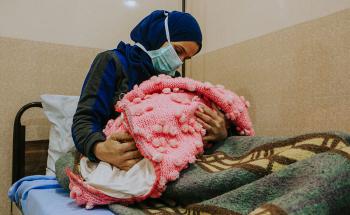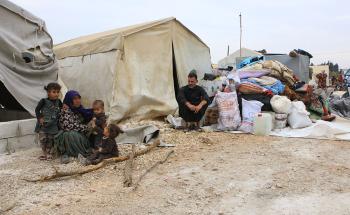On Saturday 11 December 2021, 15 casualties were rushed to a hospital co-managed by Doctors Without Borders(MSF) following an airstrike in Idlib governorate, northwest Syria.
Eleven children under 14 and two women were among the wounded; two people, unfortunately, died before reaching the hospital. A four-year-old patient was in critical condition. “There were shrapnel wounds all over her small body,” said Dr Jihad Ismail*, MSF’s Medical Activity Manager when talking about the toddler. “Our medical team managed to stabilize her, but it was still very shocking to see her injuries. The others had light to moderate injuries.”
“This is not the first time we have dealt with a mass casualty influx in one of our co-managed hospitals in northwest Syria”, he explains. “But it’s unusual to see so many children. In this instance, some were as young as two. It’s distressing to see children who have experienced nothing but conflict in their short lives, become not just witnesses but also direct victims of such violence.”
The need to respond to medical emergencies such as mass casualty events or outbreaks remains extremely high in northwest Syria given the volatility of the situation there. Despite the signature of a ceasefire in March 2020, airstrikes and shelling continue on a regular basis. MSF teams remain ready to respond, and we continue to monitor what is happening and, when needed, can increase our capacity to react during and after emergencies to attend to the needs of the population.
The population and the health system have already been severely impacted by over ten years of conflict, and such mass-casualty influx just illustrates how the need for life-saving care remains very high.



